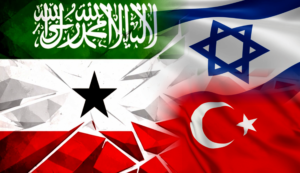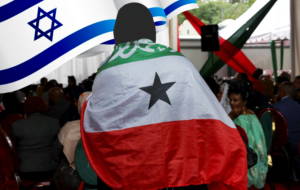Somaliland Seeks U.S. Backing for Sovereignty Recognition
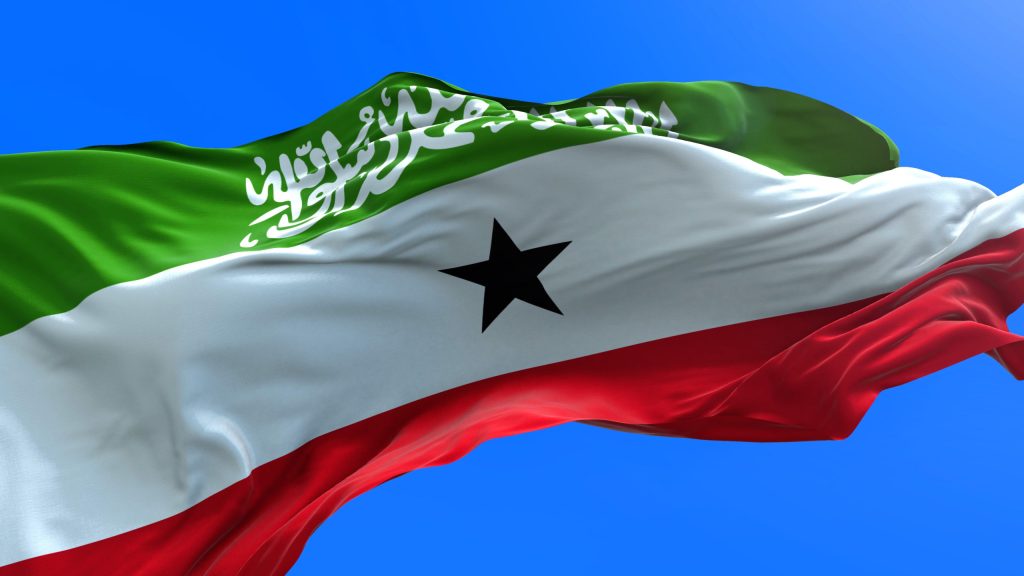
Somaliland flag - 3D realistic waving flag background
For over three decades, the self-declared Republic of Somaliland has operated as a functioning democracy with its own institutions, currency and passports, without a single country granting it formal recognition. Now, diplomatic signals from Washington suggest that might be about to change, potentially redrawing the political map of the Horn of Africa.
Somaliland, located on the Gulf of Aden in northern Somalia, has a distinct colonial and political history. It was a British protectorate until June 1960, when it gained independence and merged days later with the former Italian-administered Somalia to form the Somali Republic.


The union was troubled from the start. Decades of political marginalization, repression, and ultimately the collapse of Somalia’s central government in 1991 prompted Somaliland to declare independence. While Somalia descended into chaos, Somaliland built a relatively stable, self-governing system with functioning institutions and regular elections.
Today, with a population of roughly six million, Somaliland is often hailed by observers as a rare example of democratic governance in a region dominated by authoritarian rule. Still, the international community is wary of setting a precedent for secessionist movements, which has consistently withheld recognition.
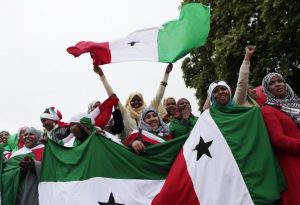
In recent months, Somaliland’s leadership has hinted that conversations with U.S. officials about possible recognition are underway. Although the Trump administration has not officially confirmed this, the political and strategic context points to growing American interest.
The chair of the Senate Foreign Relations Committee recently praised Somaliland’s “unique democratic character,” but analysts argue democracy is only part of the story.
Somaliland occupies a prime geostrategic location on the Gulf of Aden, one of the world’s busiest maritime corridors for oil and goods. This route has faced recent disruptions from attacks by Yemen’s Houthi rebels. The territory’s deep-water port in Berbera and its long Cold War-era airstrip make it a valuable potential military logistics hub. Reports suggest Somaliland has offered the U.S. access to these facilities in exchange for formal recognition.
“The Horn of Africa has always been a geopolitical chessboard,” notes Seifudein Adem, a regional expert and visiting professor at Doshisha University in Japan. “But now the stakes are amplified by the US-China rivalry, with both powers maintaining military bases in neighboring Djibouti. Somaliland’s proximity to major shipping lanes and potential oil reserves makes it a significant prize.”
Adding to its appeal, Somaliland’s Ministry of Energy and Minerals has reported advances in oil exploration and the presence of untapped lithium deposits. These are resources in high global demand, for renewable energy technologies.
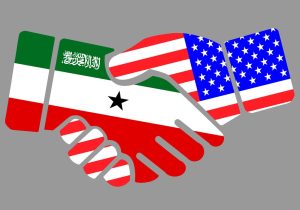
A Controversial Bargain
There have also been reports denied by Somaliland, but not fully dismissed that the US floated the idea of resettling Palestinian refugees from Gaza in Somaliland. The state’s foreign minister has told Israeli media that while no such deal is in place, the option was not categorically ruled out.
Such proposals underscore the transactional nature of the emerging relationship. For the U.S., Somaliland could be a strategic partner that offers both geopolitical leverage and resource opportunities. For Somaliland, American recognition would be a diplomatic breakthrough after decades of frustration.
Any move by Washington to formally recognize Somaliland would almost certainly enrage Somalia, which considers the territory an integral part of its sovereign borders. Such a step could destabilize relations across the Horn of Africa, a region already fraught with border disputes, insurgencies, and shifting alliances.
Recognition could also set a precedent for other separatist territories worldwide, influencing conflicts from the Caucasus to the South China Sea.
For now, Somaliland’s bid for recognition remains a delicate balancing act. One in which the interests of great powers, regional stability, and the aspirations of a long-unrecognized state converge on one narrow strip of coastline.


